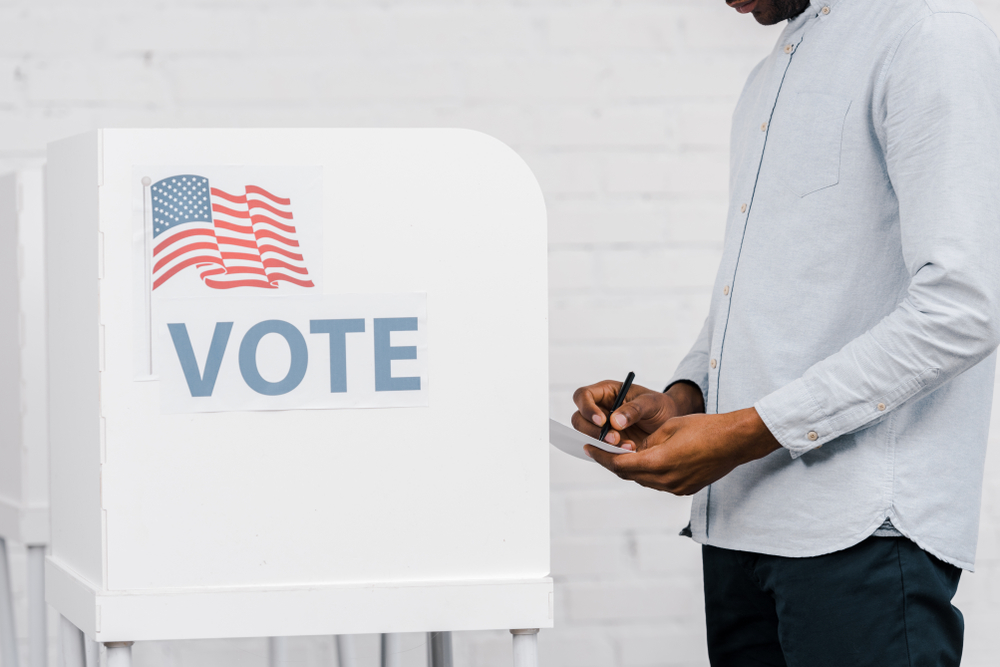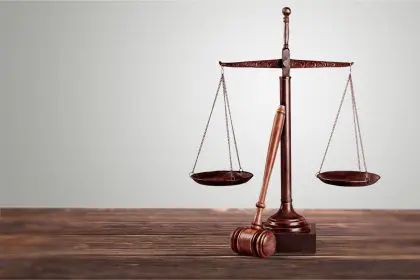Losing the right to vote after being in prison can feel like a double punishment. Not only have you paid your debt to society, but being excluded from participating in democratic decisions that affect your life can leave you feeling powerless. Restoring your voting rights is more than just a legal process; it’s a way to reclaim your voice, your autonomy and your place in the community. Voting is a vital part of civic engagement and is essential for shaping the policies that impact your everyday life. In this article, we’ll explore the steps you can take to restore your voting rights after being incarcerated, providing a clear roadmap to help you navigate this important process.
Understanding voting rights after incarceration
Before you can take action to restore your voting rights, it’s important to understand the laws in your state. Voting rights for individuals with criminal records vary across the country, and knowing where you stand is the first step to making sure your voice can be heard again. In many states, your voting rights are automatically restored once you complete your sentence, while in others, you may need to go through additional steps.
Each state has different laws regarding the restoration of voting rights. Some states automatically restore these rights after you complete your sentence, probation or parole, while others require you to petition the court or file for clemency. It’s essential to familiarize yourself with the specific regulations in your state. States like Maine and Vermont, for example, never revoke voting rights — even for those incarcerated.
Steps to restore your voting rights
While the process may seem daunting, restoring your voting rights can be straightforward if you take the right steps. Here’s a step-by-step guide to help you get started.
1. Understand your sentence status
The first step is to determine if you’re eligible to have your voting rights restored. Depending on your state, your rights may be automatically restored after completing your sentence or fulfilling probation or parole requirements. Check with your local election office or Department of Corrections for clarity on your eligibility.
2. Gather necessary documentation
Once you confirm eligibility, gather all documents needed to verify you have completed your sentence. This might include proof of discharge, completion of parole or probation or any other required paperwork. Having all your documents ready will ensure that the restoration process is smooth and efficient.
3. Complete the application process
In states where rights aren’t automatically restored, you may need to apply to regain your voting rights. This could be a petition to the court or a clemency application, depending on your state’s regulations. Be sure to complete all forms accurately and submit any requested documentation alongside the application.
4. Register to vote
Once your voting rights are restored, the final step is registering to vote. This can usually be done online, by mail or in person at your local election office. Be sure to register as soon as you are eligible so that you can participate in upcoming elections.
The emotional impact of restoring your voting rights
Restoring your voting rights is more than just a legal procedure; it’s an emotional journey. For many formerly incarcerated individuals, the act of voting represents redemption and a return to normalcy. It’s a moment that signifies your re-entry into society and your ability to influence the world around you.
When you lose the right to vote, it can feel like losing a piece of your identity. The act of voting is symbolic — it tells you and the world that you are again a full participant in democracy. This emotional restoration is crucial for people who have been stripped of their rights for years. It can reignite a sense of purpose and belonging, giving you the chance to once again contribute to the decisions that shape your future.
The ability to vote gives you a voice. It’s one of the most powerful tools of democracy, and when you regain that power, it can change your entire outlook on life. Voting allows you to take an active role in society, and knowing that your opinion matters can boost self-esteem, helping to rebuild confidence and personal empowerment after a difficult chapter in life.
Challenges you might face (and how to overcome them)
Although the process of restoring your voting rights may seem simple, there are often roadblocks along the way. Understanding these challenges ahead of time can help you better navigate them.
One of the biggest challenges you may face is bureaucratic delays in processing your restoration application. Whether it is due to slow responses from court systems or waiting on official documents, the wait can be frustrating. The best way to overcome this is to stay organized and follow up regularly on your application status.
Because voting laws for formerly incarcerated individuals vary from state to state, it’s common to feel confused about your rights. Don’t hesitate to seek assistance from local organizations that specialize in helping people restore their voting rights. Legal aid groups, nonprofit organizations and community outreach programs are often available to guide you through the process.
There can also be an emotional barrier caused by the stigma associated with having been in prison. This may deter some from pursuing the restoration of their voting rights. However, it’s important to remember that regaining your voting rights is a step toward rebuilding your life and proving that you’re ready to be an active, contributing member of society.
Real people who regained their voting rights
Hearing about others who have successfully restored their voting rights can be a source of inspiration. Many people across the country have gone through this process and found it to be transformative.
One notable example is the case of Desmond Meade from Florida — a formerly incarcerated individual who led the successful movement to pass Amendment 4. This historic amendment restored voting rights to over 1.4 million Floridians with felony convictions. Desmond’s journey is a powerful reminder that no matter how difficult the path, it’s possible to reclaim your voice and make a difference.
The power of restoring your voting rights
Restoring your voting rights after prison is more than just a legal hurdle — it’s a reclaiming of your civic power and identity. Voting is a fundamental right that connects you to the community, and regaining it is an essential step in your re-entry into society. By following the steps outlined in this article, you can navigate the process, overcome challenges and take your place once again as a full, empowered participant in democracy. Your vote matters, and your voice deserves to be heard.
This story was created using AI technology.










